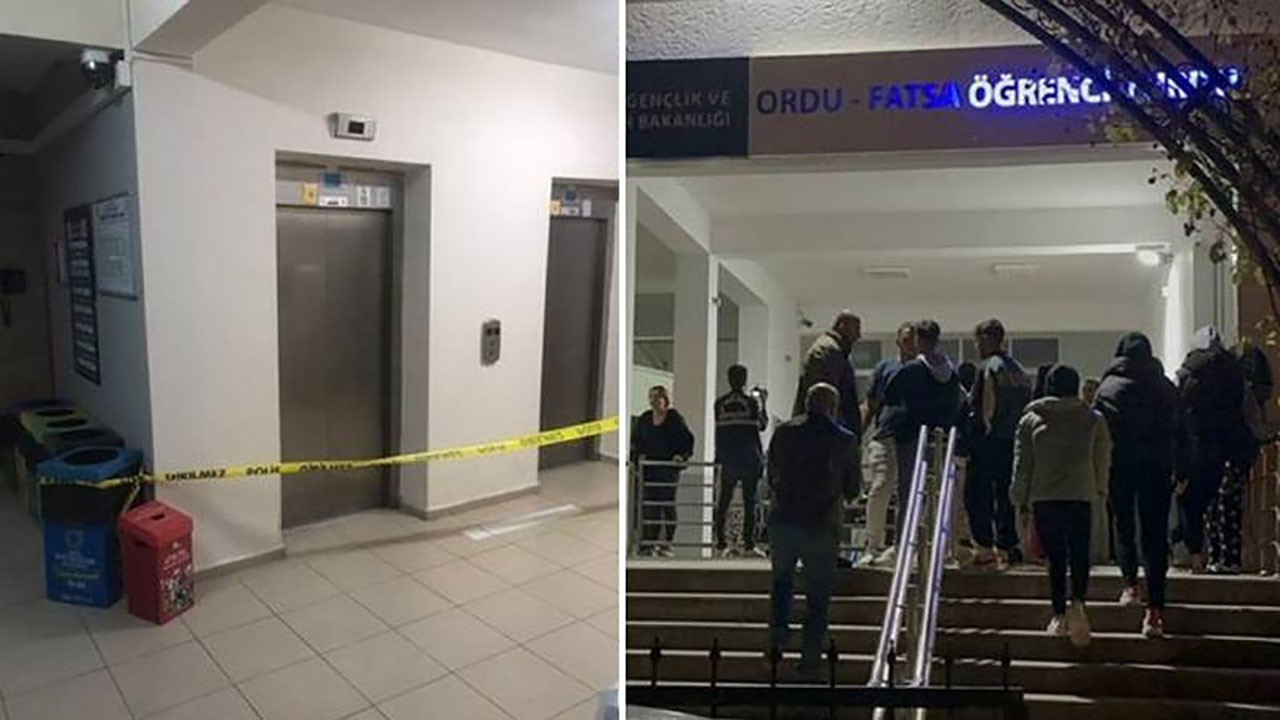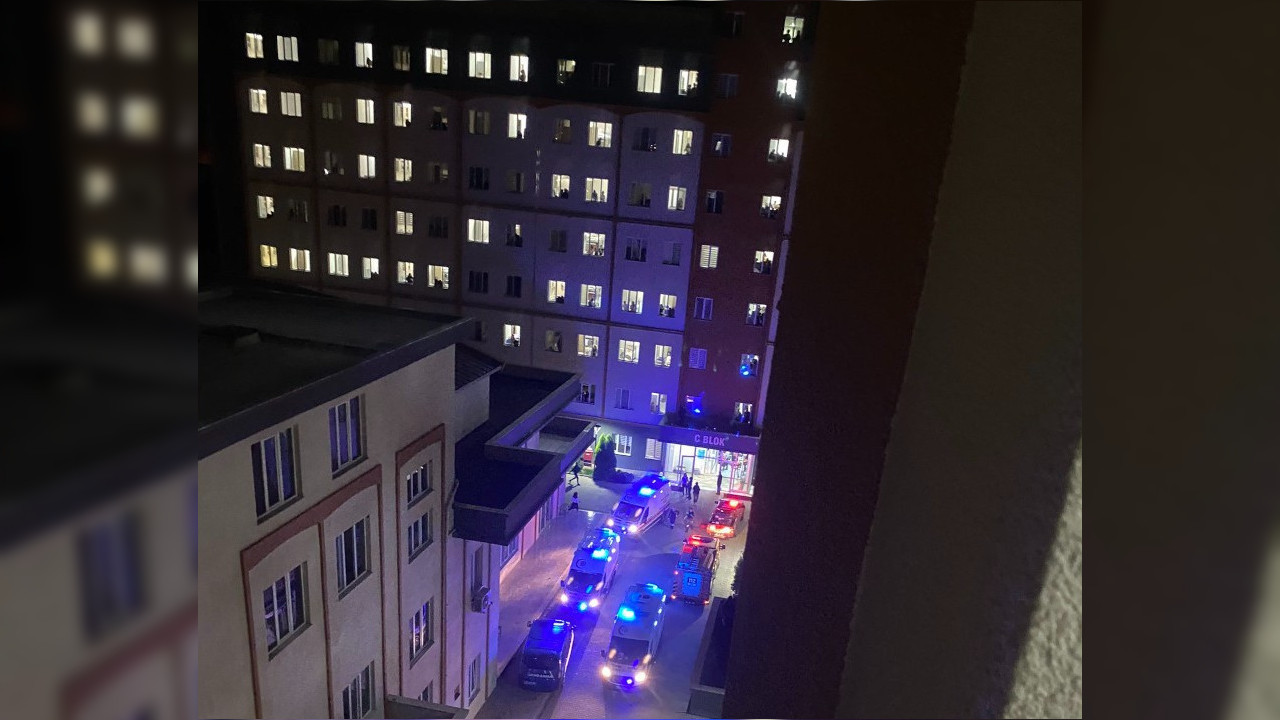Turkish youth minister labels protests over student's death in state dorm 'provocation'
Turkish Youth and Sports Minister Osman Aşkın Bak described the protests after the death of Zeren Ertaş, who died in elevator crush due to negligence in a state dorm, as "provocation for political gains.” Minister claimed that the lift that caused her death had been in maintenance nine days before.
Duvar English
Turkey’s Youth and Sports Minister Osman Aşkın Bak labeled the protests that started after the death of 22-year-old Zeren Ertaş, who died in a lift collapse at a state-run university dormitory of the Student Loans and Dormitories Institution (KYK) in western Aydın province, as "provocation.”
Bak stated that periodic maintenance was carried out every month in all facilities affiliated to the ministry and argued that the lift that killed the student was maintained nine days ago before the accident in his presentation at the Parliament’s Plan and Budget Commission during the negotiations on the ministry's 2024 budget proposal.
After the elevator on Oct. 25 slid down three floors in the dorm where the student was killed, another elevator’s cables on Oct. 31 snapped in a state-run dorm in the northern Ordu province while students inside it without causing any severe injuries.
The ministry also claimed that what happened in the dormitory lift was used as a "provocation for political gains," and added “We will not allow anyone to use such a pain for their evil ambitions. Those who try to lure our students into their dark traps will never succeed."
Opposition lawmaker in the room reacted against Bak's remarks.
According to a 2022 report published by the Court of Accounts on the Youth and Sports Ministry, it was determined that the fire extinguishing and detection systems, ventilation systems, along with lift qualifications were not suitable for dormitories in 169 buildings or blocks countrywide.
The ministry also made serious changes in the dormitories to increase the capacity amid the students’ accommodation crisis without building new dormitories. Critics asserted that the crowded dormitories created severe problems for the health and security of the residents.

 State-run dormitories in Turkey see second elevator accident in a week as cables snap in OrduDomestic
State-run dormitories in Turkey see second elevator accident in a week as cables snap in OrduDomestic One student dies as elevator falls in state-run dorm in Turkey, sparking outrageDomestic
One student dies as elevator falls in state-run dorm in Turkey, sparking outrageDomestic Students across Turkey protest negligence of state-run dorms after death in elevatorDomestic
Students across Turkey protest negligence of state-run dorms after death in elevatorDomestic